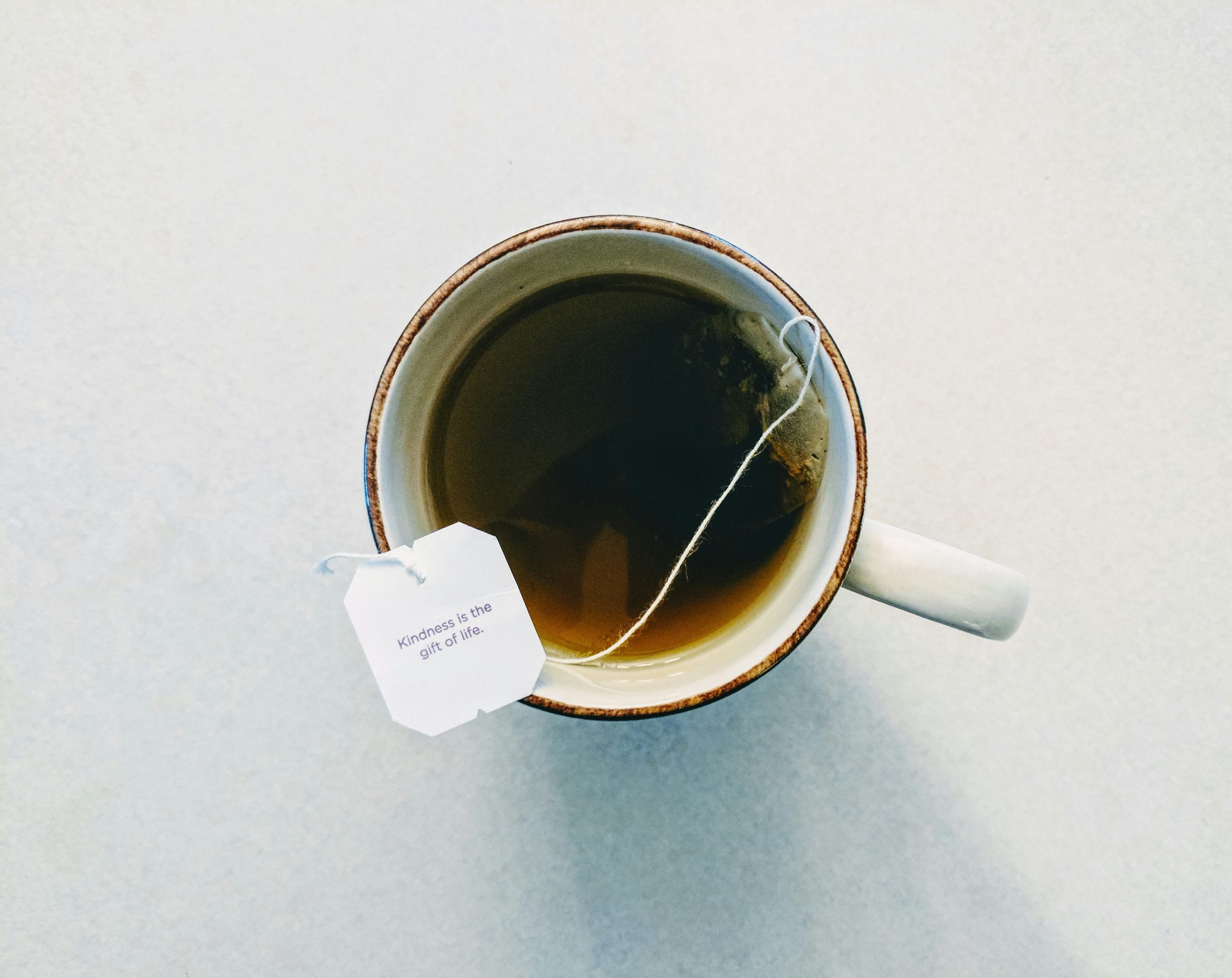Self Care vs. After Care: Are We Doing It Wrong?
Self-care—it’s the term that’s been buzzing around for the past few years, popping up everywhere from magazine covers to you doctor’s office to morning talk shows. Especially if you are a caregiver. Everyone’s talking about it, and you can’t scroll through social media without seeing a beautifully curated infographic or a blog post offering self-care tips. But here’s the thing: when I talk to my clients, friends, and family, it feels like the concept of self-care is still a bit fuzzy—or just flat out unattainable. People either don’t really know what it looks like in practice or feel like it’s out of reach because they equate it with things like luxurious bubble baths or expensive massages. Or maybe your brain is so crispy you don’t even know where you would start if you had the time.
Let’s be real: the way we’re taught to think about self-care doesn’t always work. Our social systems aren’t exactly designed to support it, and when we try to practice it and don’t feel the magical transformation we were promised, we end up feeling like we’ve failed.

So, What Exactly Is Self Care?

The National Insitiute for Mental Health defined self care as “Self-care means taking the time to do things that help you live well and improve both your physical health and mental health.”
In theory, self-care should help us restore our energy, relax, destress, and put us in a better position to handle life as it comes. It’s supposed to be preventative, to build resilience, but in reality, most of us are playing catch-up. We rarely start from a place of relaxation and composure. Instead, we’re often running on empty, trying to keep up with everything on our plates. By the time we realize we need self-care, we’re already feeling burnt out. At that point, it’s more about after care—repairing the damage that’s already been done.
The Reality of After Care
Most of the time, what we’re really doing is after care. We’re trying to calm our frazzled nerves and patch up our frayed edges just enough to keep going. We’re in survival mode, doing what needs to be done because, well, it has to be done.
Yes, we absolutely need self-care, but the way we think about it needs to change. For many people, the current concept of self-care feels like a luxury, something that’s not really accessible. So instead of chasing an ideal that feels out of reach, let’s rethink what self-care really means. What is we thought about nurturing ourselves instead?

Taking Control: Mind, Body, Spirit

For now, let’s focus on what you can control. There are three areas that I want you to think about when it comes to self-care:
- Mind
- Body
- Spirit
We often see self-care marketed as pampering—like treating yourself to a spa day or buying that fancy skincare product. Or for people who have the luxury of time. But real self-care goes deeper than that. It’s about nurturing yourself, which sometimes means doing the uncomfortable work of addressing what you truly need.
Self-Care Is Self-Love
rSelf-care is actually about attending to yourself, not just pampering. It’s about recognizing and addressing your basic needs—food, water, safety, shelter—and doing the things that help you heal and grow into a better version of yourself.
Recent Comments